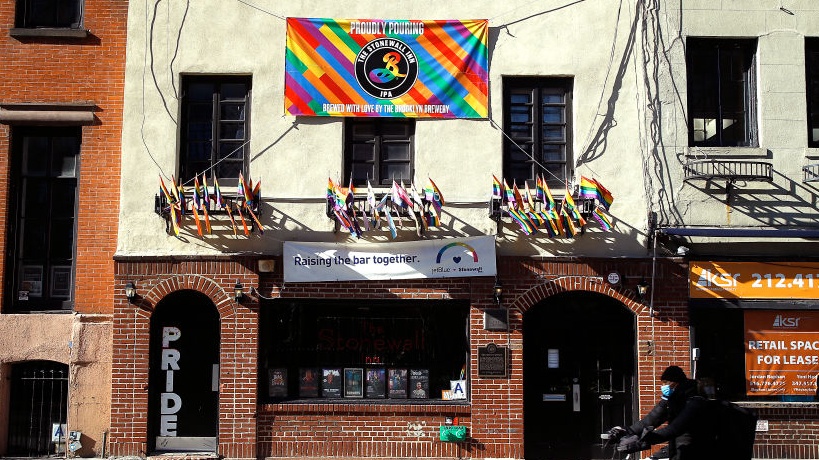People within the LGBTQ community will more than likely face unique challenges when dealing with the coronavirus, The Human Rights Campaign (HRC) reported.
The coronavirus pandemic has its effects on everyone, but for members of the LGBTQ community, the very little data that's already available suggests there ought to be policies specifically in place to secure their health and safety.
People in the LGBTQ community are often employed at restaurants, institutions, hospitals and work in the fields of hospitality and retail. Businesses in those sectors have seen their operations limited or were forced to be shut down during the emergency.
The following are the HRC Foundation’s estimates based on the 2018 General Social Survey data that found the top five industries in which LGBTQ Americans are most likely to work:
- 2 million LGBTQ adults work in restaurants and food services (15%)
- 1 million work in hospitals (7.5%)
- About 1 million work in K-12 education (7%)
- About 1 million work in colleges and universities (7% of LGBTQ adults)
- Half a million work in retail (4% of LGBTQ adults)
This list is about 40% of all industries where LGBTQ people work.
One in 10 LGBTQ people are unemployed, and they can't afford the health care they need nor the items needed to prevent the spread of the disease, according to the report.
One in five members of the LGBTQ is living in poverty, which is about 22%, with people of color, women and transgender people facing further disparities. The poverty rates of transgender people and cisgender bisexual women are 29%, and Black and Latinx transgender people are more likely to live in poverty than transgender people of other races, according to the report.
The report also found that one in five LGBTQ community members couldn't afford to see a doctor. Again, the case is worse for those who identify as Black or Latinx and all transgender women.
Some are more vulnerable to the coronavirus due to pre-existing conditions and diseases.
"According to the California Office of AIDS, the impact of COVID-19 on people living with HIV is currently unknown. However, research suggests that those with certain chronic medical conditions are at increased risk of serious illness associated with COVID-19," HRC reported. "People with HIV are more likely to possess these conditions which include older age, cardiovascular and chronic lung disease, and immune suppression. This will have a greater impact on Black and Latinx communities according to the Centers for Disease Control."
"One in two Black cisgender men who have sex with men (MSM) and one in four Latinx cisgender MSM will be diagnosed with HIV in their lifetimes. Today, one in two Black transgender women and one in four Latinx transgender women have HIV," HRC reported.
The report also states that people in the LGBTQ community are more likely to smoke and have asthma than their non-LGBTQ counterparts.
People in the LGBTQ community are 50% more likely to smoke than straight cisgender people, LGBTQ Nation reported. And just like their chances of contracting HIV, the community also has a higher rate of getting cancer than heterosexual, cisgender people too. With COVID-19 being a lung disease, the LGBTQ community’s biggest problem is having their respiratory immune system compromised.
The HRC believes there's a correlation between the high rates of unemployment and poverty within the LGBTQ community, insinuating that discrimination is at play.
Even when they're employed, only 29% of LGBTQ people were granted paid leave for medical reasons, meaning there are minimal opportunities for some in the LGBTQ community to visit their doctors.

